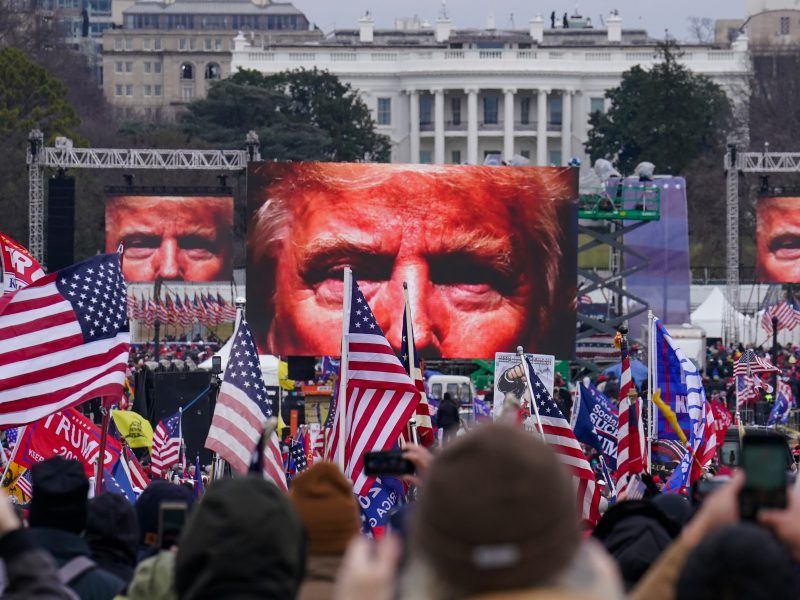In a recent development that has stunned legal analysts and left many political commentators scratching their heads, former president Donald Trump appears to have dealt a blow to his own defense efforts regarding the events of January 6th. The incident in question, often referred to as the Capitol insurrection, has been a focal point of attention both nationally and internationally as investigations and legal proceedings continue to unfold.
During a recent interview with a major news outlet, Trump shared an anecdote that, while intended to showcase his frustration and anger at the time of the events on January 6th, inadvertently highlighted the potential involvement and influence he had over the actions of his supporters that day. The exaggerated nature of the anecdote, combined with the vivid imagery evoked by Trump’s words, has left legal experts debating the implications for his defense strategy moving forward.
Many experts believe that by describing the events with such dramatic flair and detail, Trump may have unknowingly undermined his claims of innocence and lack of responsibility for inciting the violence that occurred at the Capitol. In a legal battle where every word and action is scrutinized, Trump’s choice to embellish his story and present himself as a powerful force capable of inciting a reaction from his supporters may have unintended consequences for his defense team.
Moreover, the timing of this anecdote’s release comes at a critical juncture in the legal proceedings surrounding the January 6th events. With multiple investigations underway and pressure mounting for accountability to be upheld, Trump’s narrative misstep could potentially provide prosecutors with valuable ammunition to strengthen their case against him.
While Trump and his legal team may attempt to backtrack or downplay the significance of this anecdote, the damage may already be done in the court of public opinion. With public sentiment playing a significant role in shaping the outcomes of legal battles, Trump’s own words and actions could prove to be a liability rather than an asset in his defense strategy.
As the legal saga surrounding the January 6th events continues to unfold, Trump’s exaggerated anecdote serves as a cautionary tale of the power of words and the unintended consequences that can arise from a misguided attempt to shape a narrative. In a case where accountability and justice hang in the balance, every choice made by the key players involved can have far-reaching implications that extend beyond the walls of the courtroom.

